Poet Huu Thinh, whose birth name is Nguyen Huu Thinh, was born in 1942, in Tam Duong, Vinh Phuc , and is a member of the Communist Party of Vietnam. In 1963, he joined the Armored Corps and fought for many years in the battlefields of Khe Sanh, Route 9 - Southern Laos, Quang Tri, the Central Highlands, and the Ho Chi Minh Campaign. After 1975, he studied at the University of Culture (Nguyen Du Writing School, Course I), and the advanced training class of the Gorky International Academy of Literature. Since 1981, he has been Deputy Editor-in-Chief of the Army Literature Magazine; then, since 1990, he has been Editor-in-Chief of the Literature Weekly. Poet Huu Thinh has participated in the Executive Committee of the Writers' Association for many terms, and has served as Chairman of the Vietnam Union of Literature and Arts Associations and Chairman of the Vietnam Writers' Association.
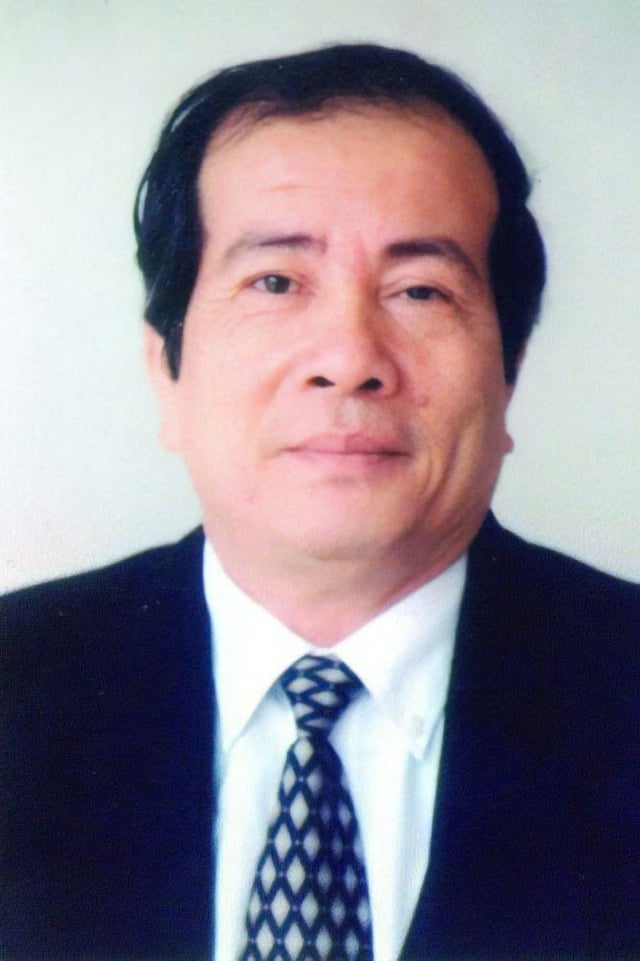
Poet Huu Thinh
Photo: Document
The language of Huu Thinh's poetry is often simple, not elaborately polished, but contains deep emotions and life symbols. In many poems, the unique associative images and humanistic thoughts in Huu Thinh's poetry often bring about very surprising discoveries, making his verses shine magically in different dimensions: " Oh mother, the clouds are withered, I beg you/Let me go up to comfort the sad moon/The market is over, the road is also over like the market/Can you sell sadness or buy sadness more/I borrow shade but do not return it/Heaven understands why the harvest failed/I have passed through dangerous tables/The wise kings are stuck in dry straw ". And the outstanding new feature in Huu Thinh's poetry is the poet's lively and philosophical dialogues with nature, with life, with people... to cultivate the beauty of truth - goodness - beauty that poetry has always strived for.
FROM THE ROAD TO THE CITY TO THE SEA SCHOOL
Huu Thinh has a calm, profound, and philosophical poetic voice. He does not write to "tell stories" about war or current events, but to meditate on people in the vicissitudes of history and time. His poetic emotions are always mature, calm, and full of reflection. Huu Thinh is especially successful in the genre of long poems, of which The Road to the City and The Sea Epic are two outstanding works.
I once interviewed poet Huu Thinh about the two epic poems mentioned above.
- Dear poet, what is the new structure and poetics of the artistic images and techniques of the epic poem The Sea ? What has changed compared to the structure and artistic images of the previous epic poem The Road to the City?
- The epic poem The Road to the City is patriotism in war, while the Epic poem The Sea is patriotism in peacetime. From that ideological theme, the structure of the two epic poems is different. The structure of the epic poem The Road to the City I follow very closely the process and events of the Ho Chi Minh campaign, taking the development of history as the artistic fulcrum of poetry. The artistic structure in the Epic poem The Sea is a horizontal structure, a present time on a general level, it is the battle taking place simultaneously on the island, on the mainland, in the storms in Truong Sa, and at the same time is the support of the mainland towards the island. So it is from the vertical axis in war to the horizontal axis in peace .
The road to the city that clings to the event of national liberation, no matter how difficult, fierce, or arduous, will eventually end, maybe 10 years, 20 years, but it will end gloriously as we know. But the fight to protect the Fatherland, to protect our territorial integrity in the East Sea never ends, it continues from generation to generation, continuing for thousands of years, simultaneously with the existence, development, and protection of the country. That is the most important difference that I have exploited as the main ideological theme in the Epic of the Sea.
- So it can be said that the Sea Epic is a great poetic symphony with your perspective from the 70s and 80s of the last century, which saw the dangers of the Fatherland's sovereignty at sea. Why did you discover that problem so early?
- Actually, I wrote about the issues of the sea and islands in Truong Sa since 1977. At that time, the issue of the sea and islands was not raised as fiercely as it is now. But I only thought of one thing, if our nation wants to develop, we must turn to our East Sea, must turn to the world's great sea, must have a marine economy. That is the inevitable development of countries with seas. From another perspective, the mainland and the sea are our complete sovereignty, we cannot forget the sea because the sea occupies more than half of our national territory when our Fatherland is on the continental shelf, our Fatherland is on the offshore islands, it is closely connected with the mainland. And the Long Poem of the Sea is a new addition to our literature and art. Before that, writing about tradition, culture, and identity on the mainland was very rich, but there were very few literary works written about the sea. But recently, literary works about the sea and islands have opened new pages that are very vivid and profound, and this is a source of inspiration that is long-lasting, everlasting, and never-ending. ( to be continued )
Published works: Poetry: The Road to the City , From the Trenches to the City , Songs in the Forest , Winter Letters , Epic of the Sea, The Endurance of the Earth , Negotiating with Time , Wilderness Under the Sky, Notes Behind the Clouds, Tan Trao Moon ; Essays, criticism: Reasons for Hope (2010); Wharf of Literature and the Waves (2020).
Awards: He was awarded many prizes by the Literature and Arts Newspaper, the Vietnam Writers Association, the ASEAN Literature Award, the State Prize for Literature and Arts, Phase I (2001), and the Ho Chi Minh Prize for Literature and Arts, Phase IV (2012).
Source: https://thanhnien.vn/huu-thinh-nha-tho-cua-suy-tu-tram-lang-giau-triet-ly-185250825225607364.htm





![[Photo] Discover unique experiences at the first World Cultural Festival](https://vphoto.vietnam.vn/thumb/1200x675/vietnam/resource/IMAGE/2025/10/11/1760198064937_le-hoi-van-hoa-4199-3623-jpg.webp)
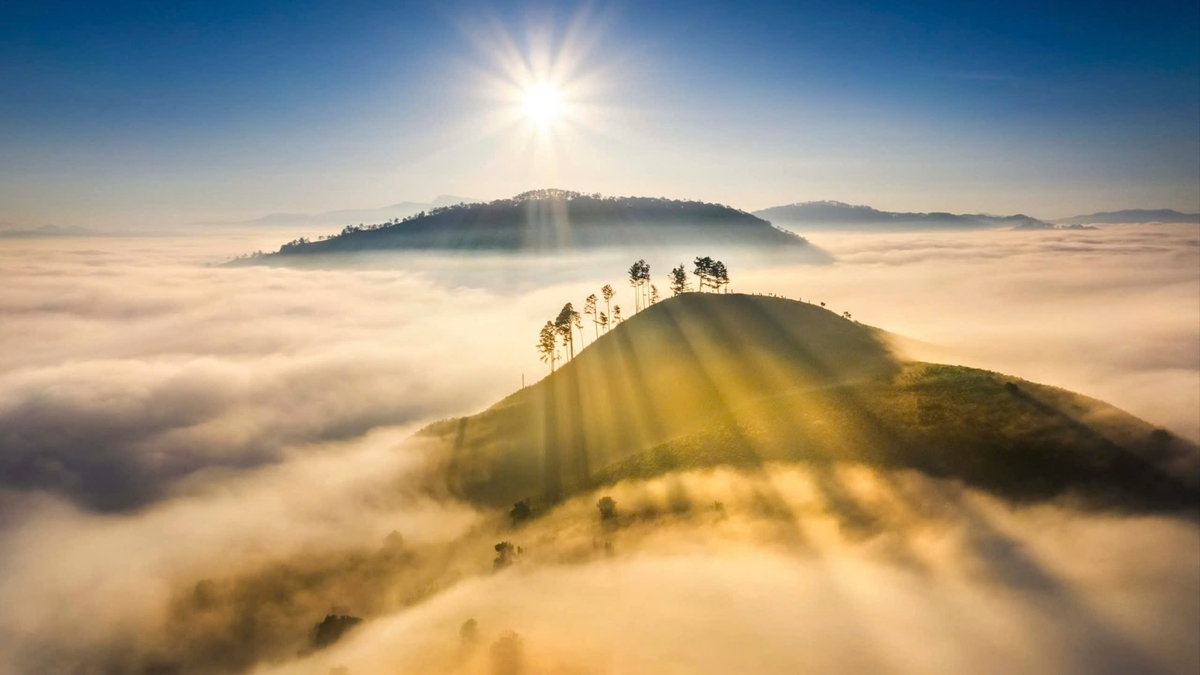
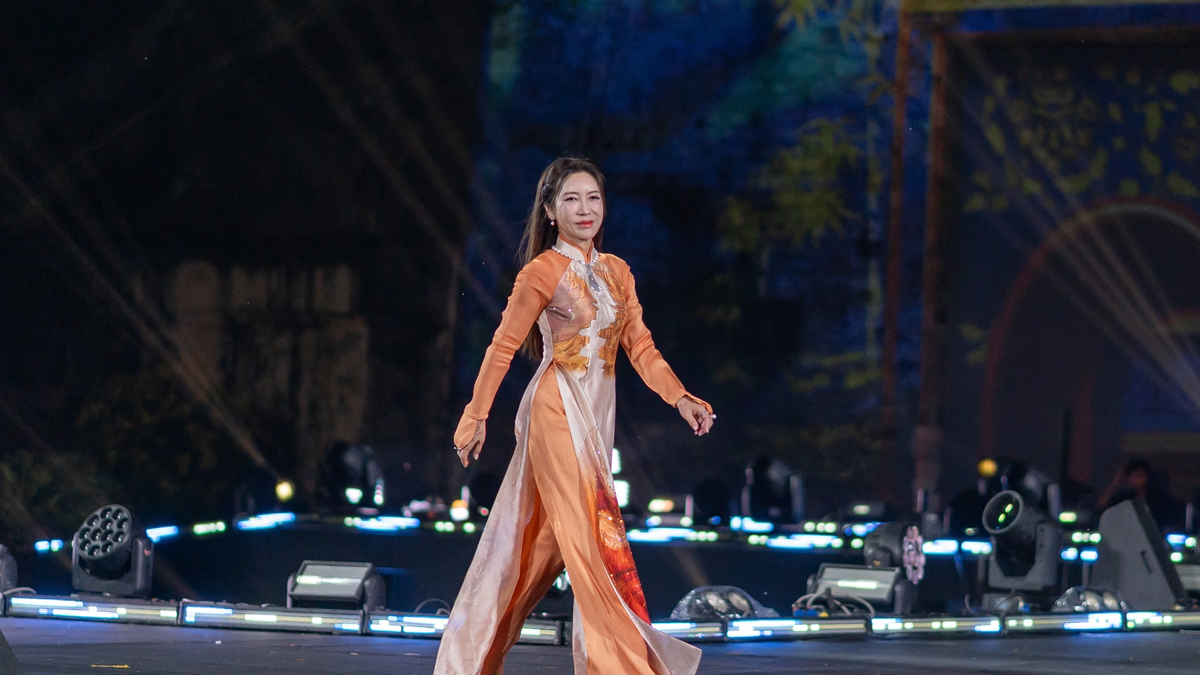


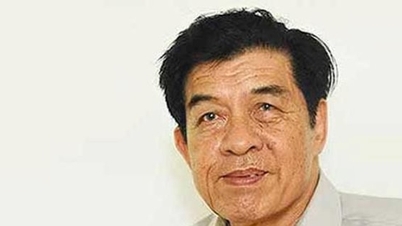

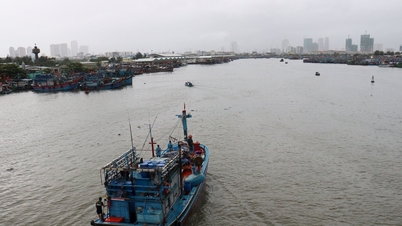










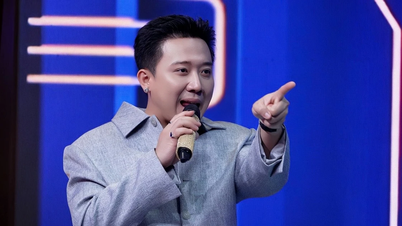

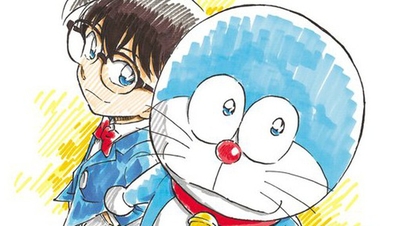

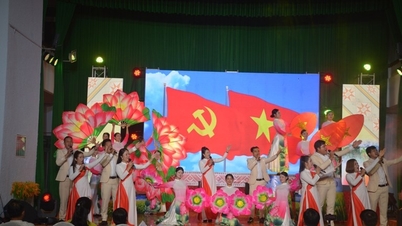






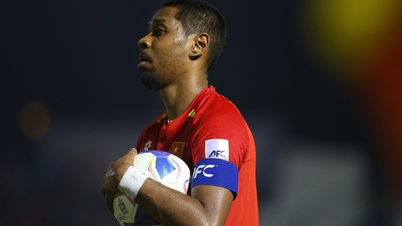
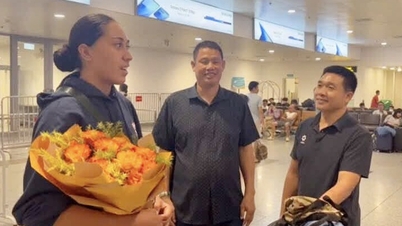
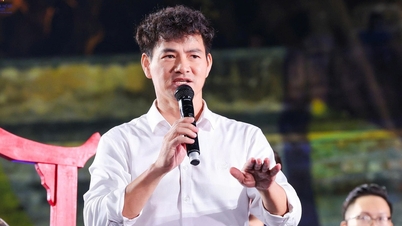


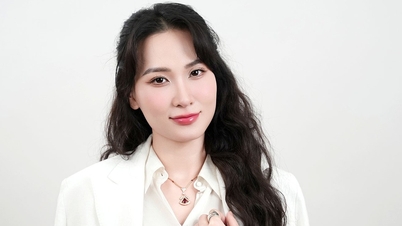
![[Photo] General Secretary attends the parade to celebrate the 80th anniversary of the founding of the Korean Workers' Party](https://vphoto.vietnam.vn/thumb/1200x675/vietnam/resource/IMAGE/2025/10/11/1760150039564_vna-potal-tong-bi-thu-du-le-duyet-binh-ky-niem-80-nam-thanh-lap-dang-lao-dong-trieu-tien-8331994-jpg.webp)




















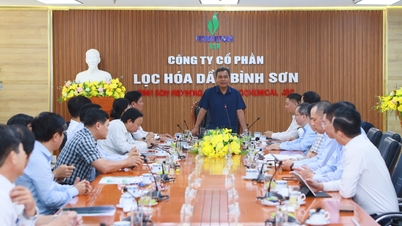







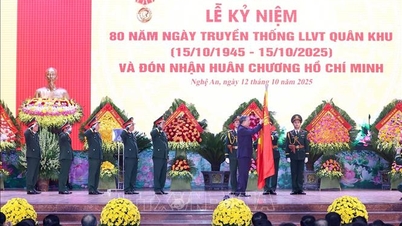
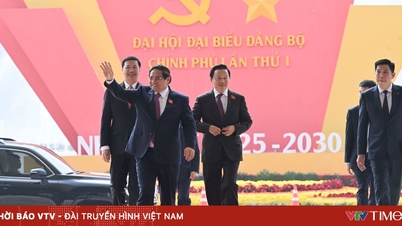


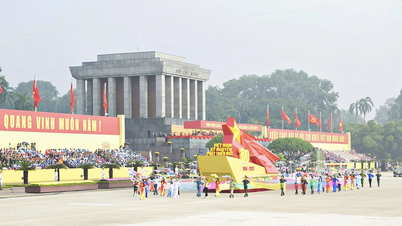

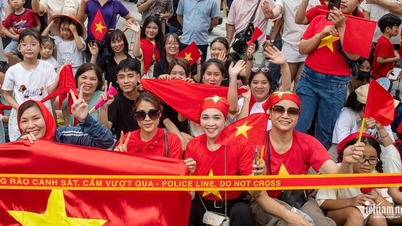




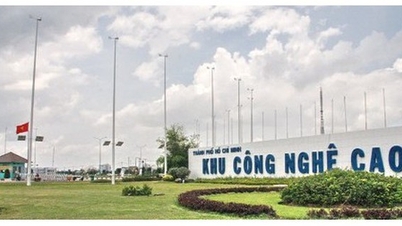
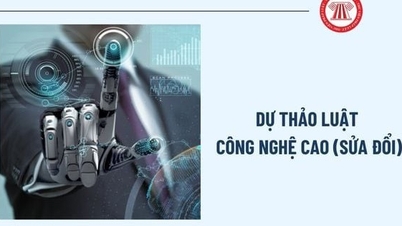


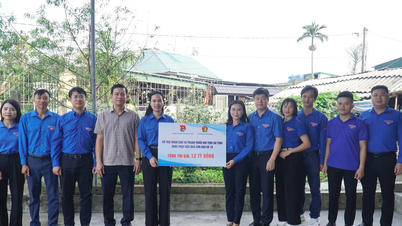



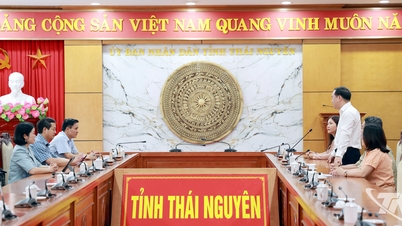


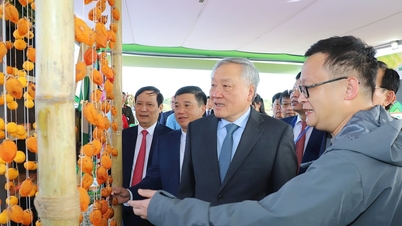

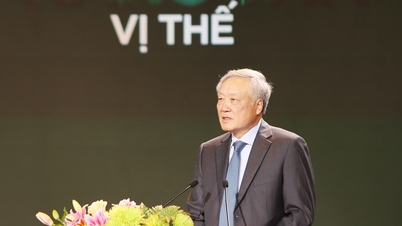













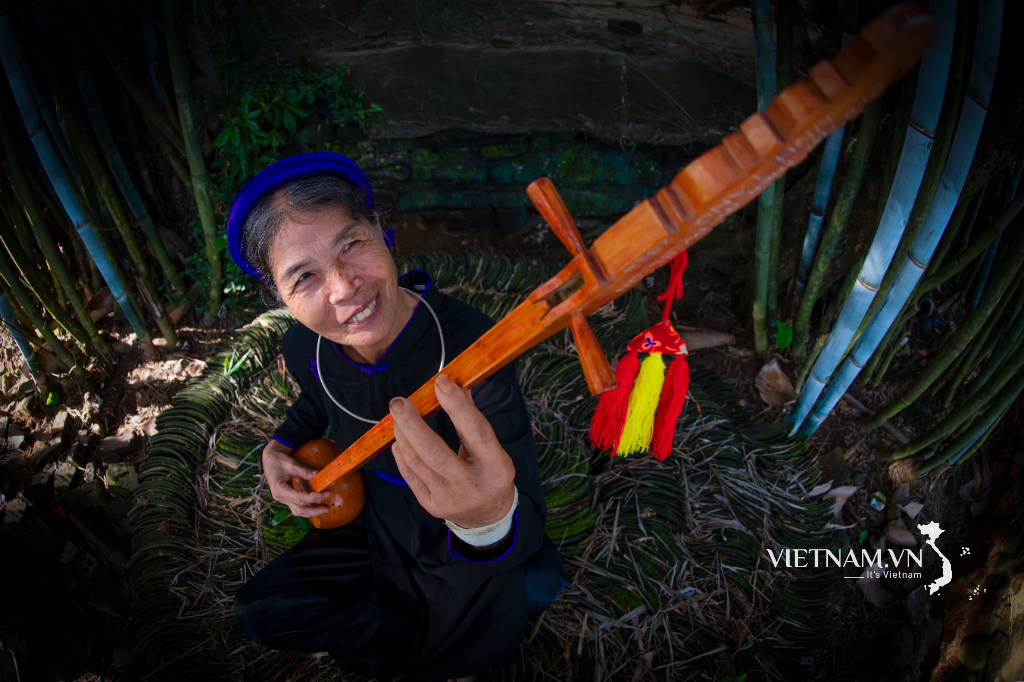
Comment (0)